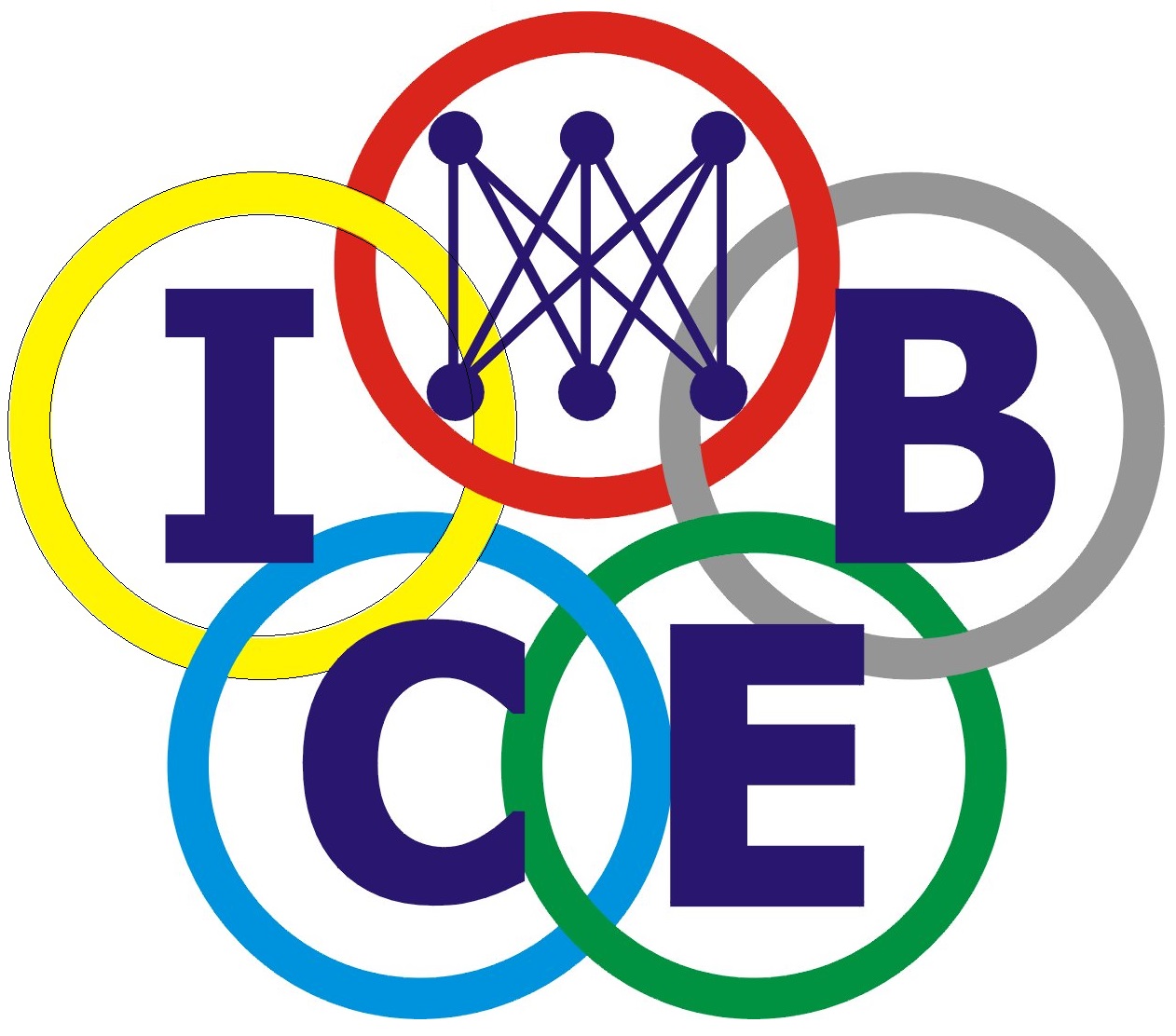Document Type
Article
Abstract
Virtual teams have been brought the need for organizations to improve the performance of virtual teams. Among these key issues to be successful, social dimensions have been catching researchers and mangers’ attentions. Hence, this study derives a preliminary social relationship model from Powell et al’s (2004) virtual team framework and conduct an experiment to validate it by SEM. The results reveal: (1) Communication has a positive impact on relationship building; (2) Relationship building has a positive impact on cohesion; (3) Relationship building has a positive impact on trust; (4) cohesion and trust have positive impacts on performance.
Recommended Citation
Liu, Ying Chieh; Lin, Chad; and Huang, Yu-An, "How Do Virtual Teams Work- A Social Relationship Model By SEM" (2007). ICEB 2007 Proceedings (Taipei, Taiwan). 69.
https://aisel.aisnet.org/iceb2007/69


